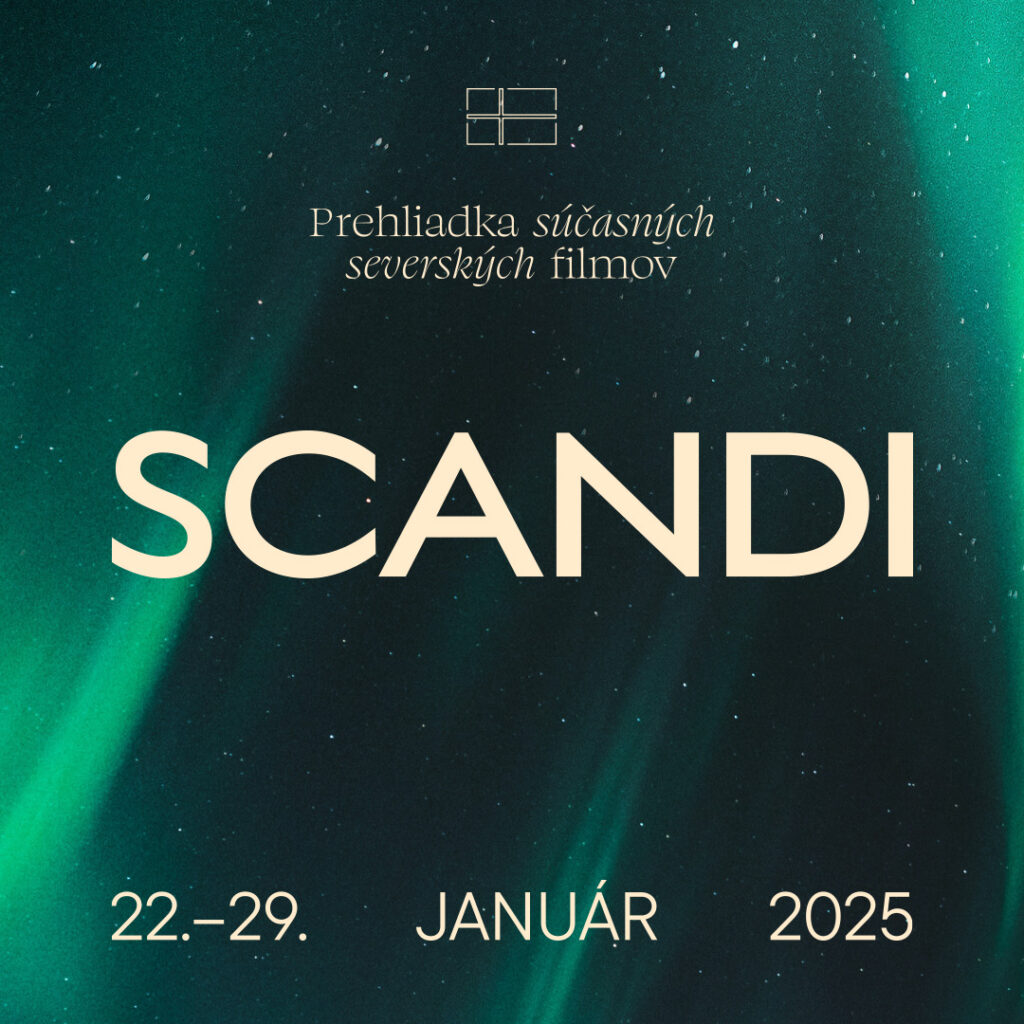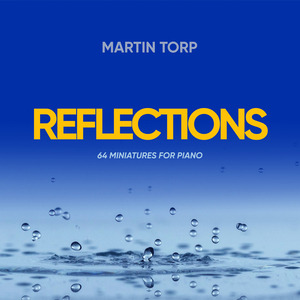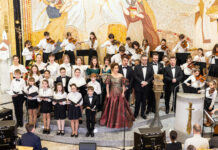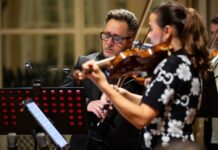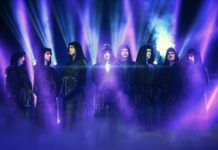“I can say that the concert and the recording that I had the opportunity to do with Hilaris Chamber Orchestra were very intense, strong and powerful for me. They put their heart into the music. It is not only beautiful, but also rare, especially in these days. I think we managed to create a special project,” says the world-famous violinist Rusanda Panfili for our online magazine. In Slovakia, she performed at a concert with the Hilaris Chamber Orchestra and they recorded a new album together.
All your CVs start to map your career from 11 age. You were admitted to the Conservatory of Music in Vienna at the age of 11, but I would like to ask you, what was before that? I’ll tell you why I’m asking. I am especially interested in folk music, whether you were interested in it and who brought you to music?
I was born in Moldavia and my mother played the violin. She did not push me to play the violin, but she always played violin at home.
So you listened to it and you we actually born with music…
Yes (smile). And I always saw her playing and it was something very beautiful to see her how she plays violin. I remember the picture of my mom playing and I don´t think I necessarily wanted to play violin, but when I had to decide what school I go, my mum said, why not music? Because she maybe saw the talent and I always liked to sing, dance and it was her idea to try the music school. My whole family was against it.
Really?
Yes. They said, I would have no future with music. You know, we were in Bucharest at that time, and these were really hard times, post -communist era, it was very difficult people were poor. There was no big perspective to become a big soloist in those times. So, they told me to try something else…
To be an economist, lawyer, doctor…
Yes, something like that. But my mom insisted and fighting for me to go to music school, so I went to study at George Enescu Music School to Bucharest. I was not practising a lot (laughing), but already after one year of study I was somehow better than the rest of my schoolmates.

So they saw your talent…
Yes and I think, this was the main reason, my family started to believe in this aspect of me and my next career of violinist. One day one of the business partner´s of my father who is from Vienna visited us. You know, as always I had to play something for the guests. It is always like that, no? Play something! (Laughing) And then he said Vienna is one of the best cities for studying classical music, why does not she try to make an exam for the Conservatory? We had absolutely no idea about anything, what does this mean, how to prepare for exam…
Did you practise at that time already?
Yes, I was quite serious about violin at that time already. I participated competitions and I had my first International Competition in Italy, which I won.
Do you remember what you played at the competition?
Yes, I played Giuseppe Tartini Devil´s Sonata. I was ten years old and it was very difficult. And the second piece was Béla Bartók Romanian Dances. So already at that time it was clear I love folk music. Basically, my roots, my heritage plays a big role for me. When my mother was playing violin, she was playing only folklore.
So you have this genre of music “in your blood”. You do not have to practice it as much as any other musicians, you don´t play it mechanically and technically. Mainly the problem is the metric structure that European musician simply don´t feel…
Yes, there is still something that I educate to understand better. I was listening to a lot of recordings of world music. When I was playing traditional Romanian music, I was listening exactly to this kind of music just to understand better the way they are phrasing and all other specifics of the music. Yes, you could say it is in my blood, but I would say, it is in my love that makes me play this kind of music better.

So let´s go back to Vienna. Where you satisfied there?
Well, I was not so lucky with my teachers. During five years of studying in Bucharest I changes six teachers, I really had bad lack about that.
So what happened? Why you where not satisfied with your teachers?
I think, being a teacher of music, especially for kids, is a very difficult job. It is a special kind of education. Not everybody has that ability to do that well. Unfortunately I was unlucky to be under the guidance of people who would be able to do this job so well. They did not really know how to be a real teacher for a child.
How to lead you, how to improve you, right?
Yes. I was improving only by myself, because somehow I found the way. And my mother was correcting me and she was helping me a lot. So basically, she was my teacher, you know?
And this is another disaster concerning our music schools. Do you think teachers at music schools give enough space for children to use their fantasy? They lead them to improve their musicality and to? I only met with forcing pupils to play from notes and mainly things, they don’t like, and children usually don’t use their fantasy…
Yes and this was also a problem for me and this problem is not only in Vienna but everywhere. Since I was a child I always wanted to play a little different. I love to move I love to be free. And I remember, as everybody was criticising me when I was moving too much. There is this misconception that classical music has to be rigid, proper, that classical music must be always serious. You can´t move, have fun, smile. No, I think it is completely opposite! When we think what classical music was for people two or three hundred years ago? It was the only source of entertainment for people. As well as the opera and the theatre. Any kind of classical music was the only source of entertainment.
Bach and Beethoven were the first jazzmen, right? You can feel the rhythm now and also how a lot of jazz musicians can find a lot of inspiration in classical music…
Yes exactly! All the music that we have now is inspired by old classical music. So I think it is a really misconception, that nowadays classical music has to be very serious. To answer your question about my teachers. As a child I was unlucky that I did not have teachers, who were open minded, who knew how to guide me and I was lucky to have my mother. She knew a lot about violin and she knew how to guide me and help me. The teachers shape the future of the children and I think people don´t understand that how important it is. Unfortunately, our system does not support teachers. They are the most underpaid people, so they are not motivated. Maybe there is sometimes a big exception and work like crazy for no money, because it is his passion, but it is very hard to be motivated an incredible professional when you are not treated like that.

Maybe it is not always about money. Don’t you think a teacher must be born for this profession? I mean, if you don’t have it inside, if you don’t want to devote your time to this, you don’t do it with your heart, don’t do it…
That is true. It is a very hard and sensitive profession and that is why I don’t judge them. My life as a musician started at eleven. When I came to Vienna, first I went to exam to the Conservatory. Me and my parents and everybody around me, we were sure, I’m not going to make it. Vienna was so far away and we did not think I was good enough to pass exam at the Conservatory in Vienna. We did not write the name of the teacher which I want to study with, we did not prepare anything, because we were sure we are not going to make it.
But you did. What was the main reason?
Not only that. After I played my exam, my teacher came out and started to talk to my mother. He wanted to take me to his class. We were really surprised. And then the second teacher came and wanted me for his classes and then the third (laughing).
This was a really big fight for you, right? (Laughing)
My mother was very shocked what was happening! What should we do? My teacher had to convince my mother to come to Vienna. Because we said, we cannot come, we don’t what to do. We were not prepared, not at all. In one or two months our lives was completely turned upside down, because we had to find a place to stay in Vienna, arrange all the documents, because at that time there was no European Union, we were Moldavian citizens, so it was very difficult to get visas to Austria. But somehow we made it and we came to Vienna. Basically my professional music started at that time. My teacher Alexander Arenkow at Conservatory started to build me up from ground. He did everything that I should have done from the beginning, but I was eleven. He started from zero: how to hold a bow, how to hold a violin, how to play a good sound. And my teacher Alexander Arenkow was a student of David Oistrakh, so he was one of the best musicians of Soviet Union. He immigrated to Austria many years before. He studied at the Moscow Conservatory, which was one of the best schools in the world; he was the first violin player in The Glinka Quartett. He became like my musical father, he dedicated so much time to me, put so my effort, love and passion into bringing into the best version that I could be. I was the only child of him (smile), because he was teaching only adult students. He never had children before and he never worked with children. So it was very strange, because I was eleven and all of my colleagues were 20 years old (smiling).
So how did you feel in this class as the only one child? You did not feel lost?
No, at all! Maybe the first time in my life I felt motivated!
And this is the most important thing for any musician: motivation. Do you agree?
Absolutely. The first time in my life I felt this could be my future. I saw my colleagues playing much better than me and I wanted to be like them. It was pushing me to grow very fast. I was not comparing myself with other children in my age, I was comparing myself to grown up students. So it was really challenging and important thing in my life. I left my school, my friends, my family and everything in Romania, so it was a big change, but it felt so right. My parents very proud of me. Everything I am today I owe to them and to my teacher. They had no certainty if I would be successful or not, but nevertheless they went into it with full energy.
So far we’ve only talked about classical music, but you play many other genres as well. You want to reach mainly young people. When you play the violin, you also dance, which goes well with the music and is a beautiful expression. You also make electronic music, video clips for folklore, world music and classical music. Why?
I don’t think why is a question that I can answer. Or yes, I know. Because I have to. And it’s just in me. I see myself as an artist. I don’t see myself as just a violinist or just a performer of classical music.
I’m not particular about just one style. I feel like there is a lot inside me that I want to express. It comes out of me in different forms and styles, different forms and genres of music. It’s like with every single person. Sometimes you’re in a good mood, sometimes you’re in a bad mood. And for me, music also represents that. I am connected to all genres of music because they all express different emotions. Different moods, states of mind… And being a millennial, born in 1988, I am crossing as a human being in different generations of music. The development of this music during these years is very interesting. Electronic music started to develop in the 70s and 80s, so I grew up with the sound of electronic music. Even the 80s were characterized by this music, just think of Vangelis. I also listened to many songs by Michael Jackson. I always liked to listen to pop music, in short, all different genres. As I played only classical music all days practicing at school, of course, in my free time or in the evenings I listened to hip-hop, r’n’b, Latin. I love Latin because I love to dance. So you know, I discovered many new genres in my free time. And after a while I also wanted to play that music. It’s normal to want to try something new. At least for me it’s natural. And why world music: For me, world music is the best way to get to know the world and understand it, to understand people and their different cultures. You play that music and you immediately feel the country and the people who live in it. You perceive their history, culture, feel their language. The language is so expressive in the music, even the landscapes. When you play tango, you feel people’s way of life. When you play the music of the Balkans, you feel the people and their way of life. Or if you play a bossa nova from Brazil, you can immediately feel how they live, what they do in their free time. You can imagine all those things from that music. Music takes you on a journey to all those places. And besides, I love to travel. And when I play world music, I travel to those countries and those places.
When we talk about world music and your style of interpretation, I would like to ask about the element of improvisation in your playing. Do you like to improvise? What does that mean for you? Is it an expression of the artist’s freedom? Please tell me more about the song Light Drops. This is my favourite. It’s a jam in which sounds are layered, the rhythm changes, for me this is great. How did you compose it?
Oh, really? You like it? I’m glad! This song is one big improvisation. They are sound layers, first I heard a theme in my head, which I decided to immediately record in my sound studio at home. And I gradually started improvising on this topic. It is a sequence that develops changes rhythmically; I gradually began to hear a polyrhythm in my head, which I gradually inserted into the composition. All the sequences have a different structure, so when they are layered together, they create an interesting sound. When I had finished this structure and especially its foundation, which is important, I started improvising on the theme.
That’s exactly how jazzmen work…
And it’s the way I compose. When I compose, I gradually layer to get a complex sound. So I create layers because that’s how I hear them. And then my own, free improvisation comes.
Is this the only version of this composition? Is there no other arrangement of Light Drops?
I recorded it live. I have my own studio at home, it was a spontaneous idea, and my husband came and said he would film it. We didn’t know what the result would be; I just played what came into my mind. And this is how the composition was created.
For me, it is your best work, because it reflects your way of working and your musicality at the same time. It proves that you are able to improvise and create. Few of the classical musicians can do that. Do you have another similar song?
I’m glad you say that, I like the song too. Minimal music is also an inspiration for me. Sometimes it’s harder to express more emotions through minimalist motifs. I am very fascinated by this. It’s an aspect of minimal-music that works. You only need a few elements and you can say so much with music.
And minimal music has enormous power. They may be short motifs, repeated, but they have a huge effect on the listener. Something inside the structure is constantly happening, it’s the small changes that move the music forward and compel the listener to listen to the music. It’s like a magnet. Is that a moment that is attractive to you?
That’s exactly what I love about minimal music. And I also love listening to this music and electronic music as well. It has great power on me. It is repetitive, but that’s what makes its world so rich. This principle of repetition was already used in shamanic cultures. They achieved a significant psychological effect precisely through repetition.
After all, what are we going to talk about? The representatives of minimal-music were inspired by many eastern cultures; the repetitive principle was not born in America…
Exactly. The principle of repetition is used in these cultures to achieve a certain trance. And for me, there is also a state of trance when I compose or improvise. It is not a brain activity, but an instinctive one. For example the composition Light Drop. It was created on the vision of a picture. And then the picture transforms into sound. And I called it Light Drops, because I imagined how it would look like if it would rain with light. I imagined all these drops of light almost like when you look at the sky and all the stars start to fall down. For me, music is always connected with pictures. It is very visual, it is colors, pictures, I imagine person, character or places, story. And I always need these ideas in connection with music. That´s why the latest album ANDARA 1980 that I´ve released is based on the story that I wrote. So I actually wrote the entire soundtrack to my entire story. Whenever I make music, I need these ideas. ANDARA 1980 is a bit of is a tribute to Vangelis. I admire him for his sound, but at the same time I wanted to enrich this sound with new sounds. Violin, various other musical instruments, voices, so it’s a whole new sound.
From what you say, it was also hard work in the studio again. Where did you record the album and how was it created?
It was created in my home studio and we gradually created it during the pandemic period. It was a lot of work; we were discovering new possibilities, because I finally had time to devote myself to work in the studio. And finally it was a new job that I really wanted to do and I could express myself in a different way. I always had a lot of concerts and never had time to record and compose. And suddenly the pandemic came and I felt it almost like a blessing. I wasn’t sad and hurt. It was a creative time for me, during which I learned a lot of new things. I even grew as a musician. And it also changed me, it opened new paths for me, I started learning to play new musical instruments.
What other musical instruments have you learned to play? Are you a multi-instrumentalist and did you learn to play other instruments during the pandemic?
For example bass guitar, percussive instruments, mandolin, and guitar. I would like to play all the musical instruments that exist in the world. Well, I know that these plans of mine are not realistic (laughs). But I want to keep discovering new things, because for me being a musician is not just about playing the violin. It is a challenge for me to be able to express myself in different possible ways. And the fact that I can play various other musical instruments helps any musician a lot.
In addition to your work, I also have to ask you about the collaboration with Hans Zimmer. His Chevaliers de Sangreal from the movie The Da Vinci Code has been your solo piece during the world tours with both Hans Zimmer Live and The World of Hans Zimmer Productions. There is a clip of this song and many of your others on YouTube, for example Edward Elgar and his composition Salut d’Amour and many others. Are you trying to reach people who have no experience with classical music with these video clips?
Absolutely. And making video clips is a separate art. It is a challenge to bring the feeling of music in the image to the viewer who listens to the music. Not only for the audience to watch you play, but to bring them into a certain mood and feelings. And when you don’t have enough funds to make a professional video clip, it’s always an even bigger challenge. But a person can be even more creative. For me, it is important to bring modern video clips, because I feel that it is my duty to convey classical music to the largest possible audience. To show people how beautiful classical music is because I think it’s generally neglected today. In the past, people used to go to operas, theaters, and concerts. Today it is completely different, unfortunately.
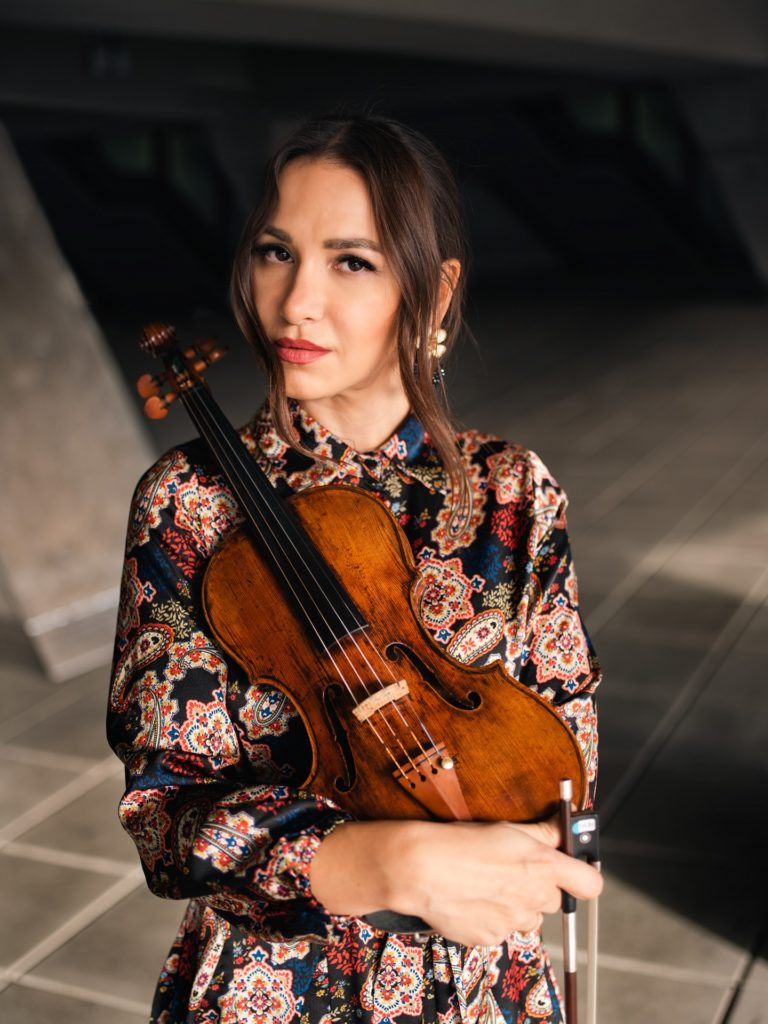
Why do you think this is the situation today? Young people do not go to classical music concerts at all. Young people only attend film music concerts. What’s going on today? Why is classical music in decline?
Because young people do not know about it, there is no one to introduce it to them. Their parents don’t go to classical music concerts. Their grandparents go to concerts, not their parents, and for young people, in short, classical music is not cool. And that’s why I’m trying to make classical music accessible to young people also through various other genres. I see people of different generations, from different countries watching my posts on social medias. They might know me because of Hans Zimmer, but then they saw my classical music videos and they like it. They say it’s beautiful and they didn’t know classical music could be so beautiful. You have to work to make the genre of classical music known and recognized by people. And I think that one day we will finally stop calling film music film music. We’re finally going to start calling it classical music, because it’s actually modern classical music. Before that, Mozart composed operas and people went to operas. There were no televisions. People watched stories in theaters and listened to music to them. It is exactly the same as today’s film music. Today, we watch those stories on TV and listen to music for them, but we call it film music. These are big orchestral scores, but there is no difference like other classical music. So there is no difference between contemporary music and I try to explain to young people that classical music is very cool. John Williams is inspired by the great composers of classical music, as is Hans Zimmer, who says that his sources of inspiration were Mahler, Mozart and other authors. It’s a matter of perception.
So what is your concept? How do you want to reach young people?
And another aspect why young people don’t know classical music is that this area is very conservative. Indeed it is! Today, there are not so many classical music performers who produce modern video clips. Now it is starting to become popular, but for a long time it was like a stigma. It was like a taboo. Everything new was rejected because it would be too commercial in the field of classical music. Everyone was afraid that commercialism would take the real art out of classical music. It is not truth. Classical music is artistically devalued when it is of poor quality in terms of interpretation or emotion. After all, video clips cannot take away the quality of classical music. And this is exactly what I want to show people. I do these productions with all my family members and friends, my brother who is a professional photographer, my brother also records videos, my husband is also involved in the production. I want to show people that classical music can be beautiful and can be produced in a modern way and can appeal to many people.
After all, you don’t make music for yourself to listen to in a closed room, but for people. I read some of the comments from people and many of them were actually hearing classical music for the first time. You have a lot of fans. Is communication with them important to you?
Being a musician is very demanding. This industry is tough, you have to keep working on yourself and you have to be motivated. In order to have that motivation and to be able to work every day, I need the reactions of the audience. People who listen to my music. Those beautiful comments give me strength to work even more on myself and to create. People’s support gives me the strength to continue doing what I do, because there are days when it’s hard. Get up every day, work, and practice, create, and produce. It’s a challenge. But when you see that it has an impact, it gives me strength and energy to continue.
Let’s talk about working with the Hilaris Chamber Orchestra. You came to Slovakia to perform a concert and record an album. How did you meet?
I have known Alan Vizváry, who is the founder of the Hilaris Chamber Orchestra, for about ten years. We met in Vienna. At that time, I was still a student. We met once at a joint concert with Alan, we even played one song together, it was Monty Csardas. It’s a classic show. I remember we had a lot of fun, he even taught me how to play certain things on the violin. I think he is a very good violinist. Besides, he’s a great person. We immediately understood each other both as people and as musicians. Sometimes it happens in life that you get along with someone right away. I felt the same energy with him. After that many years passed, we didn’t see each other. And now I had this idea to record Piazzolla’s Four Seasons, but I needed a good orchestra because this piece has to have energy, a special sound and really good musicians. Today it is difficult to find a quality orchestra. And one day I was browsing my Instagram, I saw the Hilaris Chamber Orchestra sharing a video clip on Piazzola’s Four Seasons. It was almost like magic! As soon as I heard that sound, I said to myself that this is exactly the energy I want! I thought I had to call Alan. I approached Anežka and Alan, they were enthusiastic and open to cooperation. They suggested that we do a concert before the recording.
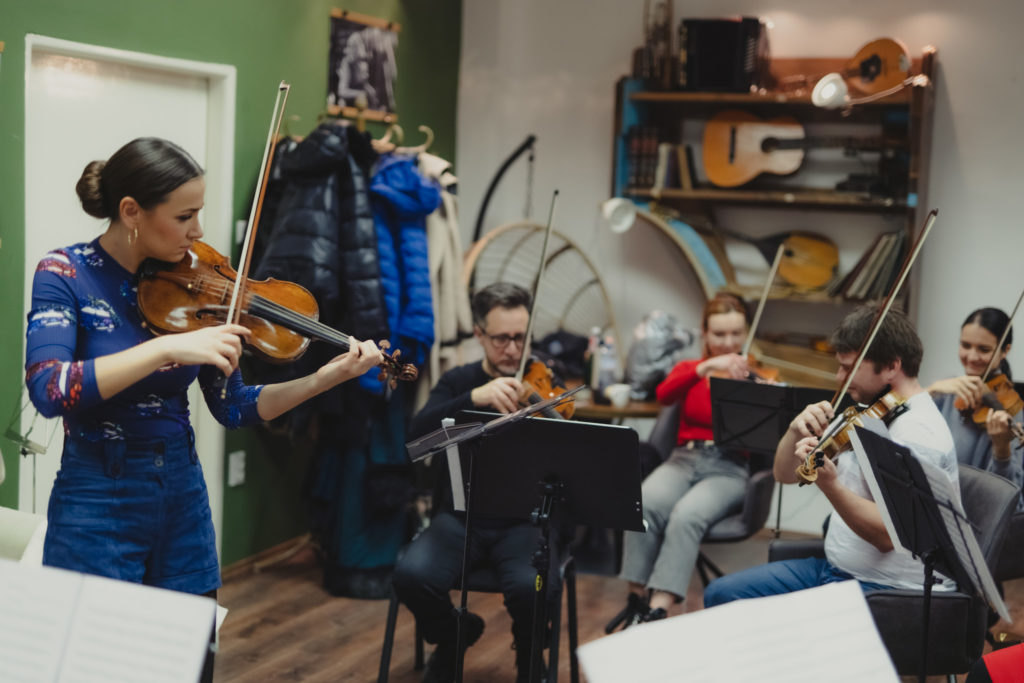
I admit that I did not know his orchestra, but I knew Alan. And I knew that if he started an orchestra, it would be amazing. Every ensemble always depends on the leader. The leader is his heart, soul, influences every member of the orchestra. Knowing Alan, I knew he would have a good orchestra. I trusted him. And I listened to this recording that sounded passionate and emotional. And that’s exactly what I like about them. They play with passion, energy. It is a very unusual ensemble. When you notice, they stand while interpreting, which is not usual. Most importantly, they play music because they love music. They don’t do it because they have to or for the money. Or they must at a concert. I can say that the concert and the recording that I had the opportunity to do with Hilaris were very intense, strong and powerful for me.
So were you satisfied with their style of interpretation?
I must say that it was fascinating for me to see that every single member of the Hilaris gave 100 percent energy into the performance and during all the time that we played together. They put their heart into the music. It is not only beautiful, but also rare, especially in these days. I think we managed to create a special project.

Piazzolla and his work are specific. You have to feel the dirt of the street, a lot of different emotions from his compositions, while it is also technically demanding. It is a combination of tango and music of the 20th century. Each performer plays Piazzolla’s work in a different way. How do you approach his compositions?
I started playing tango nuevo ten years ago. Piazzolla had it very difficult in the beginning, because he took tango from the streets and clubs and combined it with the music of the 20th century. When the audience heard his music for the first time, they threw stones at him, they could not accept him. They could not accept his visions, but he was a classically trained composer and studied jazz. You can hear a lot of music in his compositions, from tango to jazz to Stravinsky and Prokofiev. And of course passion, nostalgia and melancholy. Although Piazzolla’s music is very technically demanding, it does not lose its freedom in the expression of tango. You can always feel the tango in his compositions. I love being able to be carried away by his music. I feel free with his music. I feel connected to Piazzolla’s music. Life is like a tango. Passion, tango, melancholy, rhythm, sadness, energy, happiness, dance, you can find everything in his music. Maybe it is difficult to express it in words, but I think that people who have been through a lot in life, have many life experiences, different emotions, have also experienced bad and difficult experiences, can understand Astor Piazzolla’s music. You can never understand it completely, down to the last detail, because it is extremely complex, just like the life of this composer. If you read something about his life, you can feel it all in his music. His music is an autobiography of himself.
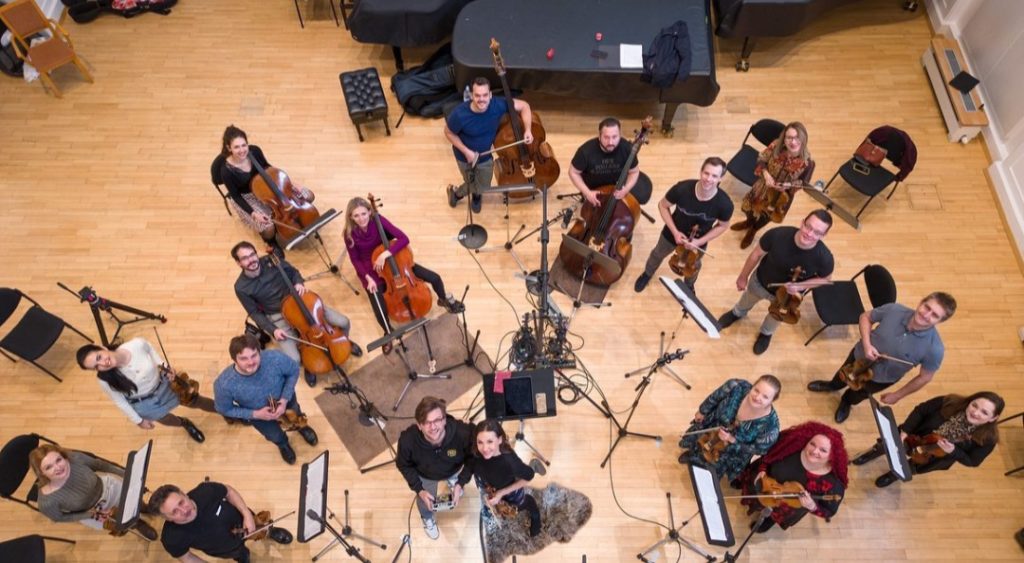
I’m glad you mention it. Do you think it is important for a performer to be familiar with the history of music? With how the composer lived, when and under what circumstances was the work created? When I talk to musicians, many don’t know and don’t care…
These circumstances have always been important to me, even since I was a child. My mother raised me that way. When I played Gypsy Airs by Pablo de Sarasate, my mother always told me that I had to first get to know the basics of the music, where the composer drew from and listen to it to get it into the piece. Sarasate was inspired by the music of the Spanish gypsies, flamenco, and I tried to get these elements into the interpretation. And then I played Rhapsody by Ravel Tzigane. And that one is completely different, because Ravel was inspired by the Russian Gypsies. Coincidentally, we are talking about Gypsy cultures, I just want to illustrate that my mother always guided me to play music in context and understand it. When I play Tchaikovsky or Shostakovich, I always read about the history of the works. It is important to me what the composer was experiencing at the time, even what the weather was like, where he traveled, how he felt, where he wrote the piece. It is all history and it is my duty to know it. And of course, the performer’s personal contribution is also important.

And I have one last question for you. You recorded with Hilaris CD. Was it a difficult but interesting job for you? How do you feel about leaving Slovakia?
It was a beautiful collaboration, but also incredibly challenging. I must say that I am a perfectionist. I always want the maximum from myself, so I did a lot of repetitions. I claimed that I could play it better (laughs). I think this is important when you want to create a good project. When you look at the work you have done, you say to yourself that you did everything you could for it. I had great support from the Hilaris orchestra and we’ll see! I believe that we will release the CD in a year. We will hold an album launch and a concert, and I’m already looking forward to it.
SLOVAK VERSION OF THE INTERVIEW
Zuzana Vachová
Photo: artistic photos: Stefan Panfili, photos from rehearsals: Johannes Winkler



